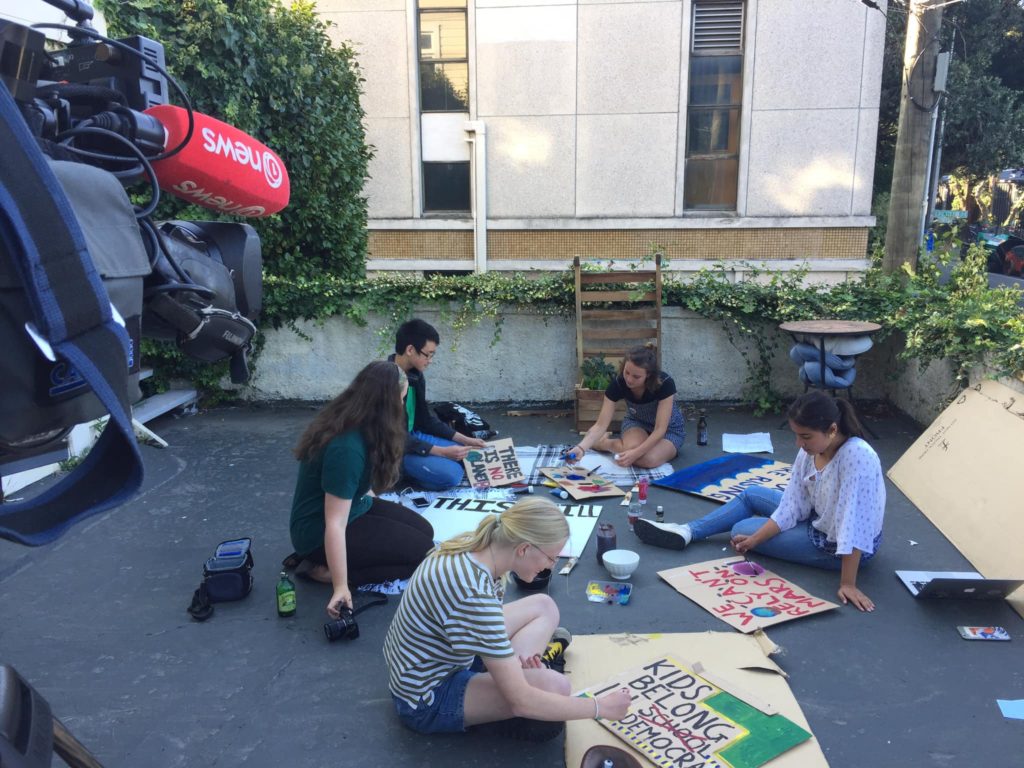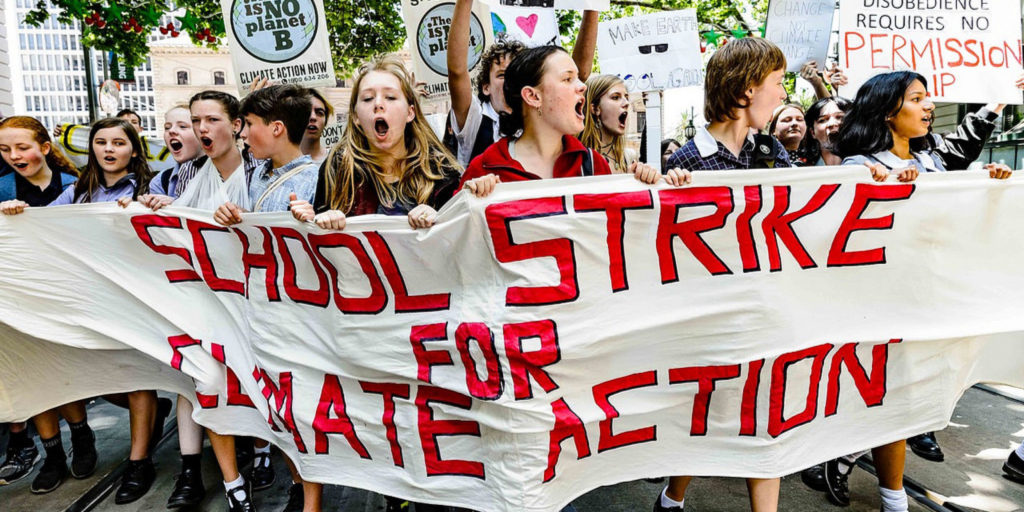On the 15th of March, hundreds if not thousands of students from across New Zealand will be marching out of their regular classes and assemble to protest against what they perceive as a lack of Government action to combat climate change.
New Zealand’s “School Strike 4 Climate Action” is borne out of the initiative by 16-year old Swedish student Greta Thunberg, who shot to prominence for cutting class to protest outside the Swedish Parliament calling for more action to mitigate climate change.
Her actions inspired similar movements in Japan, Denmark and most notably, in Australia where their Prime Minister Scott Morrison came under fire for criticizing the actions of the students.
Morrison refused to meet with the striking students, and later said that “kids should stay in school”. His comments only emboldened more students to undertake even more strike actions, while Australian opposition parties labeled him as “out of touch”.

Despite still being one week away from our own strike action, some New Zealand politicians have already channeled their inner Scott Morrison by condemning the planned activities of March 15.
The National Party’s Nikki Kaye said the government “should not be encouraging people to go on strike”, while their current spokesperson for climate change issues Todd Muller compared the idea of leaving school to protest to a “prank”.
But the comments of Judith Collins, one of National’s most prominent MPs, takes the cake for being the most damning of the school strike. She said that the protest is “not going to help the world one bit”.
At a time when climate change is nearing its tipping point, threatening not only our economy or society but our very existence itself, we desperately need Government action to mitigate its effects and ensure our survival. If it takes a multitude of school-aged children skipping class to achieve this, then why not?

After all, schoolchildren have the most to lose in the battle against climate change. They have a long future to look forward to, and it is unfair on them that today’s adults endanger the quality of life that they will live in the future.
What’s painfully ironic as well, is that those older generations won’t be around in the future to experience the consequences of their actions (or lack thereof) themselves. And that perhaps is why they experience such a disconnect with the actions of the striking students, the threat of climate change is not as profound on their lives as it is on the younger generations.
Thus, we should not be surprised that school students are the ones taking a lead role in demanding climate action – the adults are just not as passionate about it. When Scott Morrison dismissed the Australian version of the strike, he said that students should not be protesting “things that can be dealt with outside of schools”.
Well he’s right, climate action is an issue that should not be left to school children and is the responsibility of the country’s decision-makers. But what do you do when they fail to do that?

Many people view the March 15 school strikes as superfluous given that it is Parliament’s job to enact measures to fight climate change, and they have done a lot of good work in that regard – banning future offshore oil and gas explorations for example – but the world is still slowly sliding into an ecological catastrophe and that compels students to demand even more action.
Rather than sneering at our students for performing an action many of us deem to be “unnecessary”, maybe we should instead look at ourselves and ask what possessed these young people to protest to begin with? After all, it is OUR future – not just theirs – that is at stake here.

